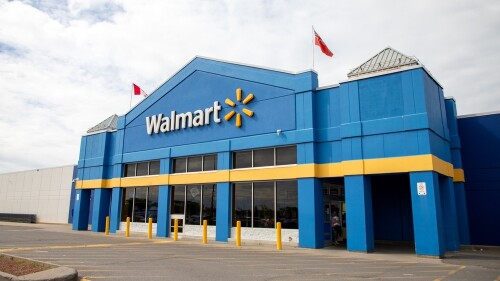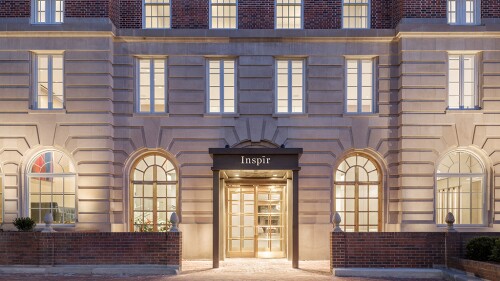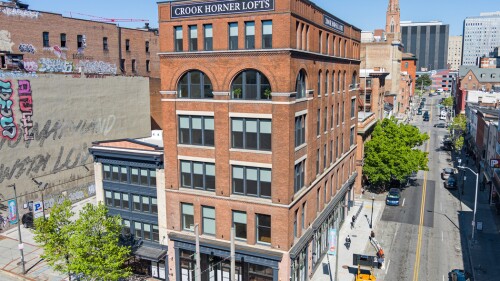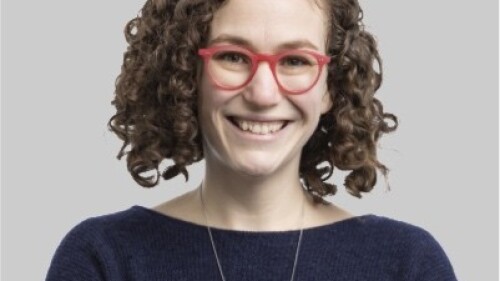At the ULI UK Annual Conference, land use experts discussed changing consumer expectations, with experiences serving as a key status symbol, augmented by the digitization of those experiences.
In a keynote address, Henry Mason, managing director of consultancy Trend Watching, outlined how, with billions of people across the world now able to purchase the status symbols of old—cars and handbags, for example—experiences and other less tangible elements are the new status symbols and need to be sharable on social networks like Instagram.
“We live in an age of abundance, so the old status symbols are less desirable. So experience, such as travel or food, becomes the new status symbol, and you need to be able to share it with everyone you’ve ever met,” Mason said.
“And moving beyond that, the new status symbols have become how skillful you are, or how well balanced [you are] as a person. So Topshop holds classes on wellness; Westin hotels allow you to live stream a spinning class from your room; Paris has just seen its first meditation bar open; and M&S [retailer Marks & Spencer] is running ‘frazzled cafes’ after hours, when people can come in learn about mindfulness.”
Other key trends he mentioned are the instant personalization that technology is allowing, such as the ability to create a personal Adidas shoe design in four hours; the “superpowers” that technology is providing to consumers, such as the ability to point your phone at virtually anything and find out who made it and where you can buy it; and the sharing economy, with examples that include the ability of users of Chinese ride-hailing app Didi Chuxing to test drive the car of other app users for a small fee.
He also noted that people no longer only compare their experience to others within the same sector, but also to their experience in any other sector: it is not whether your building is cooler than another building, but whether it is as cool as an iPhone, he said.
Jacqueline Beckingham, global creative director at architect Benoy, said that for the built environment, that future is already here. She noted that the need for a building not only to provide an experience, but also an experience that is sharable digitally, is already very much a factor in the thinking of developers.
Mark Curry, senior director of development for Grosvenor Britain and Ireland, outlined the impact such concerns are having on residential lettings at its mixed-use scheme in Bermondsey, south east London. “We’ve had to respond to the fact that tenants won’t want to be shown around by an agent,” he said. “They want their own personal iPad, and want to sign leases digitally.”
Private sector developers also are becoming more accomplished when it comes to providing what consumers want, he said.
“I think the private sector is starting to improve, and a lot of developers are recognizing the importance of experience—the desire for that from customers,” he said. “So that might involve putting more independent retailers into a scheme rather than the historic chains—so, giving up some short-term value for something more experiential that creates long-term value.”
Larger companies and developers have the ability to experiment with their schemes in a way similar to that of tech companies, Mason pointed out, drawing a parallel not often made.
“The cost of experimentation is so low in the grand scale of the budget for a big scheme,” he said. “Whether it is pop-ups or incubating firms in coworking space, you can place many small bets and see which ones are working.”
It was a point picked up on by Martin Reeves, chief executive of the West Midlands Combined Authority and Coventry City Council.
“We are looking to collaborate with local universities on co-innovation spaces, and this enables us to have a dialogue with potential end users of space and find out what they want,” Reeves said. “It enables us to create desirable places where people work. If you look at Lego, that’s a great example of a company that allows its users to innovate and tell the company what it wants.”
Reeves also said the authority is looking at the use of technology to improve the services it provides for people.
“If you look at something like Pinterest, that can have a huge impact on how people report crimes and how policing works,” he said. “We need to develop services in more virtual ways.”
Ultimately, in spite of the pace at which the world is changing and the ever-greater desire to tap into the next hot trend, people are responding to “basic human needs,” Mason said. “The innovations that take off are those that address basic human needs in novel ways—needs like community and identity,” he said.




